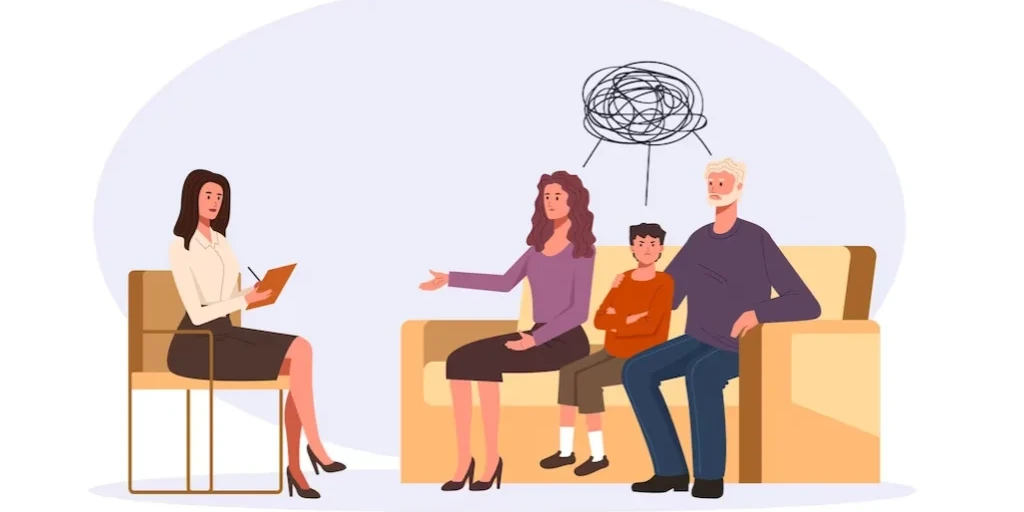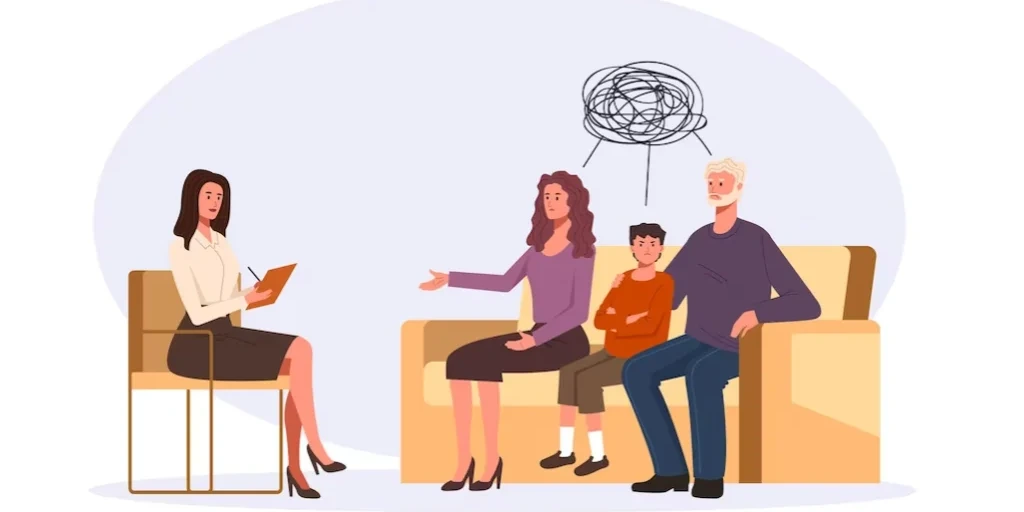24/7 Helpline:
(866) 899-221924/7 Helpline:
(866) 899-2219
Learn more about Aftercare Support centers in Media
Aftercare Support in Other Cities

Other Insurance Options

MVP Healthcare
Beacon

Health Choice

MHNNet Behavioral Health

Meritain

ComPsych

WellPoint

BlueShield

UnitedHealth Group

Sliding scale payment assistance

Aetna

Sutter

Self-pay options

Ceridian

Kaiser Permanente

Group Health Incorporated

Coventry Health Care

BHS | Behavioral Health Systems

Premera

CareSource

Focus Psychological Associates
Focus Psychological Associates offers outpatient treatment for individuals with alcohol and/or subst...

Family and Community Services
Family and Community Services is a private rehab located in Media, Pennsylvania. Family and Communit...

Providence Treatment
Providence Treatment offers outpatient and inpatient treatment for individuals with alcohol and/or s...
























County Seat Behavioral Health
County Seat Behavioral Health is a private rehab located in Media, PA. County Seat Behavioral Health...

Rehab After Work
Rehab After Work is a licensed intensive outpatient drug and alcohol treatment program which has bee...

Chimes – Holcomb Behavioral Health Systems
Chimes - Holcomb Behavioral Health Systems provides services for children and adults who may be deal...








